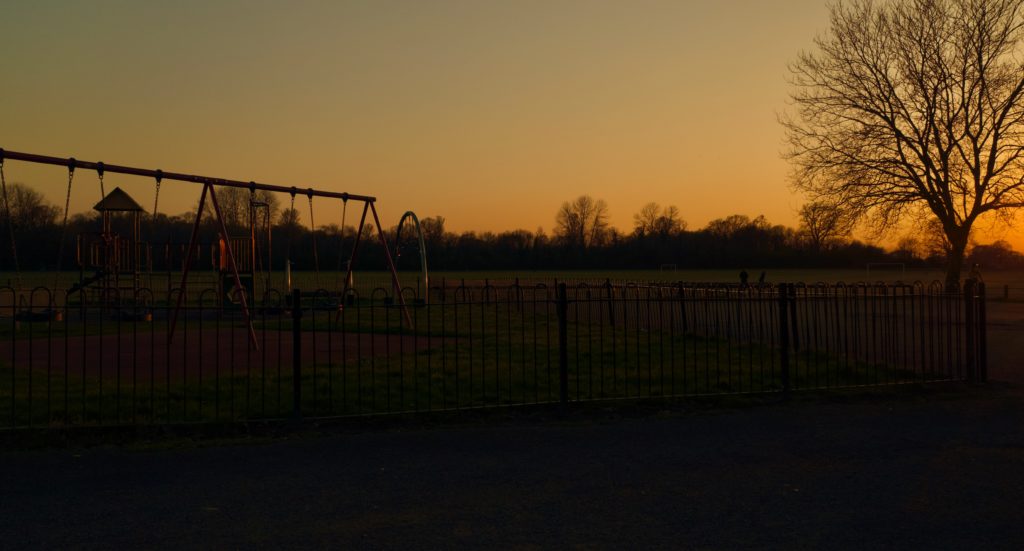Jessica Clark
The impact of the coronavirus pandemic on our collective and individual wellbeing – mental, physical and financial – is hard to fathom. In fact, it is almost impossible, and contemplating the enormity of the scale of anxiety that is currently gripping the planet makes me feel overwhelmed. The impact on every-day psychology is just one side of it; my heart goes out to those victims of increased domestic abuse; over-worked NHS nurses and doctors; parents without adequate resources to manage their children’s demands in close quarters. As much as we can try to spread compassion via volunteering, supporting our households, reaching out to our friends and trying our best to be gentle towards our less-than-perfect selves, there is a limit to which such gestures can satisfy our spirits, who pine for face-to-face social lives, collaborative workplaces and the physical touches of intimacy.
When asked to write an article about the beneficial things we are learning from Covid-19, my instinctual response is one of “yes, but”. Yes, the air is noticeably clearer when I go for walks…. but hailing this as progress when more are threatened by violence under their own rooves feels crass and callous. Yes, our rocket-speed hurtling through routines of work, pub, and endless consumerist distraction has been slowed down to a less manic rhythm of life, facilitating reflection… but those navigating enhanced stress-factors or strapped for basic resources have little time for soul-searching. Yes, our environment is, for the first time in decades, benefitting. But the livelihoods of so many, and the mental health of a species which is hard-wired to need affection and touch with others, not mere Zoom calls, are crumbling to a point beyond that which already-stretched state provision can accommodate. Yes, but, yes, but. Therefore, I do not write this article in a spirit of “hey, folks, isn’t quarantine swell?”. However, such monumental shifts, for all their devastating effects, also create the chance to learn. As Esty cites the Talmud in Netflix’s Unorthodox: if not now, then when?

As an unintentional consequence of the quarantine, we are re-learning simplicity. The lives of most people have become less excessive since lockdown has begun, and the rampant superfluity within Western societies was exerting damage prior to this pandemic. Evolutionary psychologists have commented on psychological distress experienced due to conflict between our caveman wiring and the sped-up, choice-rich, community-fractured framework of 21st century neoliberalist hotspots like London. Without distractions bombarding us 24/7 – literally 24/7, as a sleepless night would sooner be spent checking in with the blue light of Instagram than stepping outside to see the stars – of advertising, entertainment and endless consumption, we are pared down to buying supplies for our households, relatives and neighbours. Journaling. Noticing the subtle progressions in the seasons when we walk outside. I do not suggest that a lifestyle this limited would be healthy to continue in the long term. But I do think that some of the small joys that we are learning to discover with far less external stimulus could continue to bring light for decades to come, if we integrate a newfound appreciation of simplicity into our post-lockdown lives.
Journalist and writer Johann Hari outlines one of the possible benefits of the global lockdown to be an enhanced understanding of depression and anxiety. More broadly, it has opened up a space for emotional recalibration, as the complex feelings entailed within the human condition are no longer so easily escaped from. This may prompt us, in our homes, to turn to spiritual guidance, creative outlets, or other personal coping strategies for uncomfortable emotions like sadness and frustration. Though these can be painful, I hope that this experience can teach us to pay attention to the signals that our emotions send us, which too much of our pre-lockdown existence was focused on glossing over and repressing. Health is threatened in this time, both physical and mental, but there is the possibility too to build up our relationships with ourselves, treating the isolation as a self-education for elements of emotional self-nurturing, and the nurturing of those who share our homes, omitted from school curricula.
Yet what I have found most touching and astonishing has been the capacity of the human species for solidarity when required. Yes, adherence to the lockdown is partly from fear. Fear of getting sick, spreading the infection, castigation, or the more insidious fear leached to us by ubiquitous media. But I think that on a deeper level, our acquiescence is coming from a place of love, and care about protecting the lives of others. The degree of sacrifice that has been undergone is staggering, but it demonstrates the kinship at the core of our species to be a stronger-burning candle than the materialistic values we have enshrined for so long. There is something fiercely hopeful about people’s handling of the crisis, springing together in mutual aid and renouncing what would have appeared unthinkable just a few months ago: air-travel, shopping centres, live sports, to name a few of the most integral leisure institutions now left behind. Now, how can we best apply this united energy once lockdown is over? In the space of weeks, we have cleared the air in cities to be crisper than ever in my life. We have sat with ourselves night after night, accessing hidden reserves of resilience and self-knowledge.
There is much that will demand attention as the government restrictions gradually start to lift. If we emerge from our homes guided by the same binding power of love that has taken us into them, rather than with recourse to the individualism which previously defined and dominated our culture, then who knows what we could accomplish? Our Earth, at last, is starting to heal, and as our species hangs in fragile territory, it may be time for us as a collective to do the same.
Send in your comments and ideas to jessica.ruby.clark@gmail.com. Would love to hear from you!

Chantal
Elizabeth O’Keefe